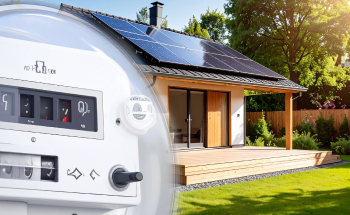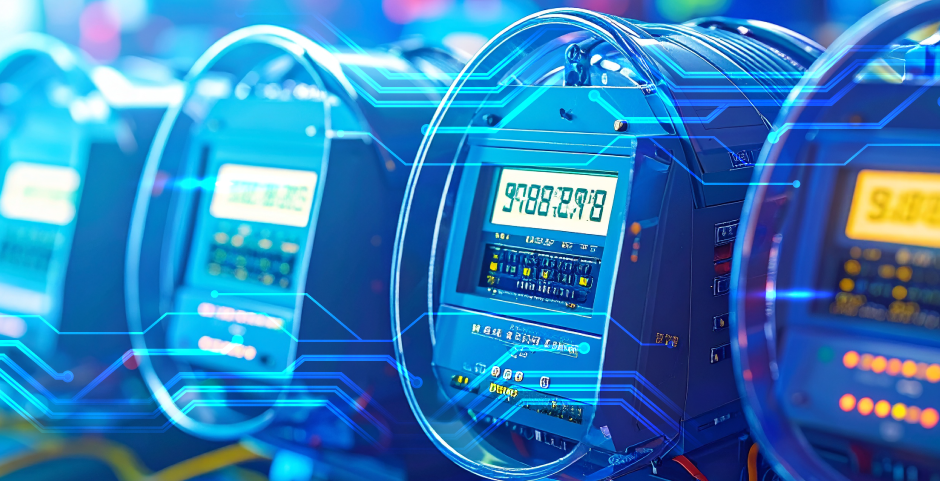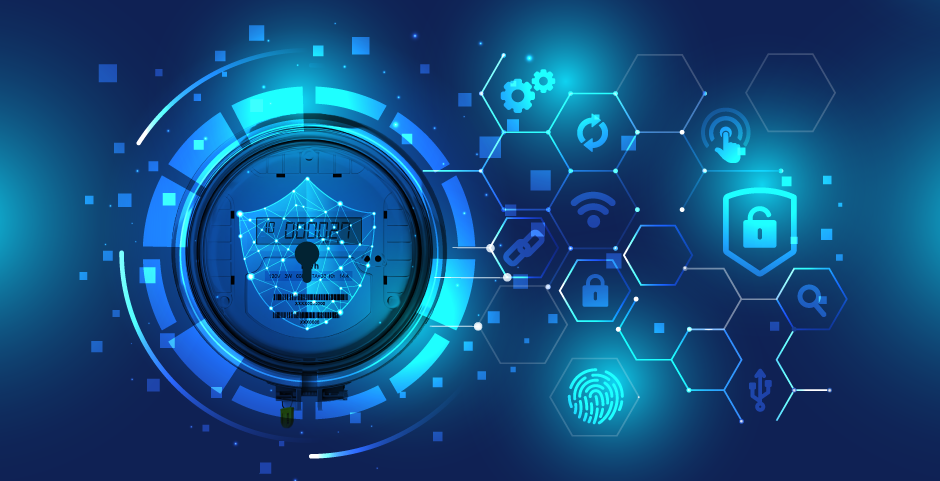DNP3 vs IEC61850: Comprehensive Protocol Comparison Guide
Shwetha Bhat February 13, 2025
Shwetha Bhat February 13, 2025
DNP3 and IEC 61850 are two of the most commonly used communication protocols applied in industrial automation and control systems or IACS. Here is an analogy between these two:
DNP3 was initially formulated for use within the utility sector, particularly in SCADA systems on monitoring and controlling the activity of electrical substations. It was supposed to be robust and reliable over long-distance communication channels, typical in utility environments, allowing support both for serial and IP-based communication.
It was specifically developed for use by the electric power utility industry to ensure standardization on the communication protocols used in substation automation.
Design is based on a client-server architecture that emphasizes interoperability between devices and vendors in a substation.
Application Focus: DNP3 is mostly used by utility companies for SCADA. IEC 61850 is associated mostly with substation automation and smart grid application.
Communication Medium: Serial and IP-based media can be employed by DNP3; on the other hand, Ethernet-based media are commonly used by IEC 61850.
Data Model: IEC 61850 provides an object-oriented detailed data model to integrate and make devices more interoperable with each other as compared with the traditional approach of DNP3.
Speed and Efficiency: Being based on TCP/IP and Ethernet, IEC 61850 essentially provides higher speed and efficiency in exchanging data than DNP3 does, which was originally designed for slower channels.
Both protocols have high adoption in their domains. DNP3 is more up to date in North America whereas IEC 61850 dominates global application of substation automation.
In summary, the choice between DNP3 and IEC 61850 mainly depends on specific requirements for an application, location of a geographical region as well as existing infrastructure available in industrial automation and power utility sectors.

July 25, 2025
The world energy scene is being revolutionized by the fast-paced increase of decentralized renewable energy sources like rooftop solar, wind microturbines, and energy storage in batteries. batteries. The driving force…
Know More
July 25, 2025
Smart metering has evolved significantly over the last two decades as it became a building block of modern energy management solutions. At the core of the evolution is the DLMS/COSEM…
Know More
July 25, 2025
As the energy sector undergoes rapid digital transformation, smart metering has emerged as a foundational technology in modern utility networks. By enabling real-time monitoring, automated billing, and remote disconnection, smart…
Know More